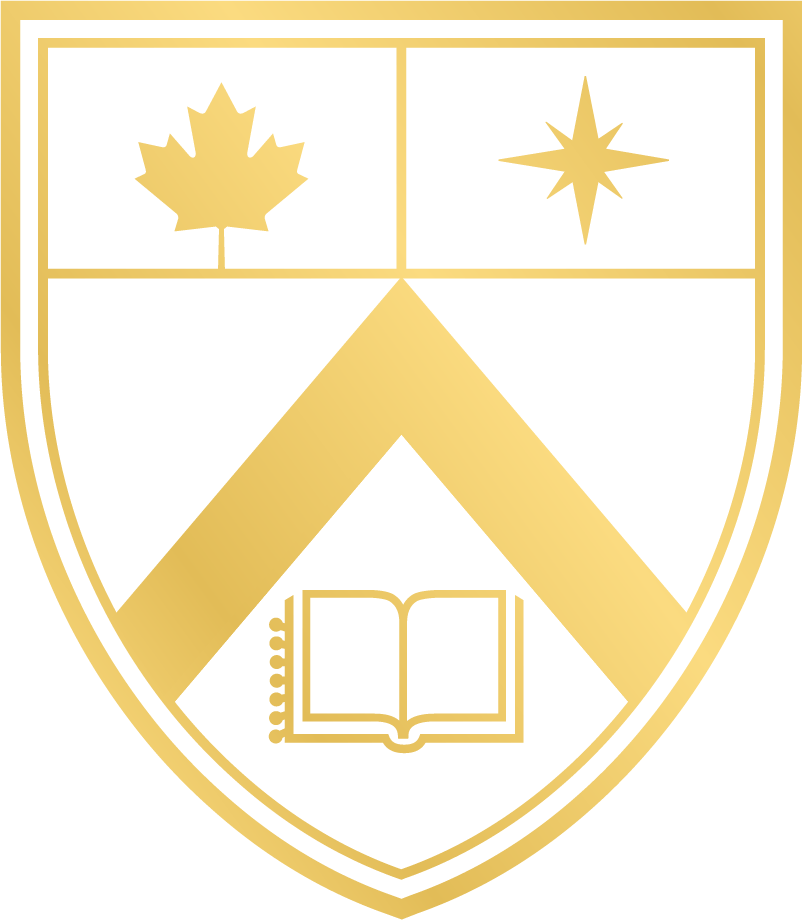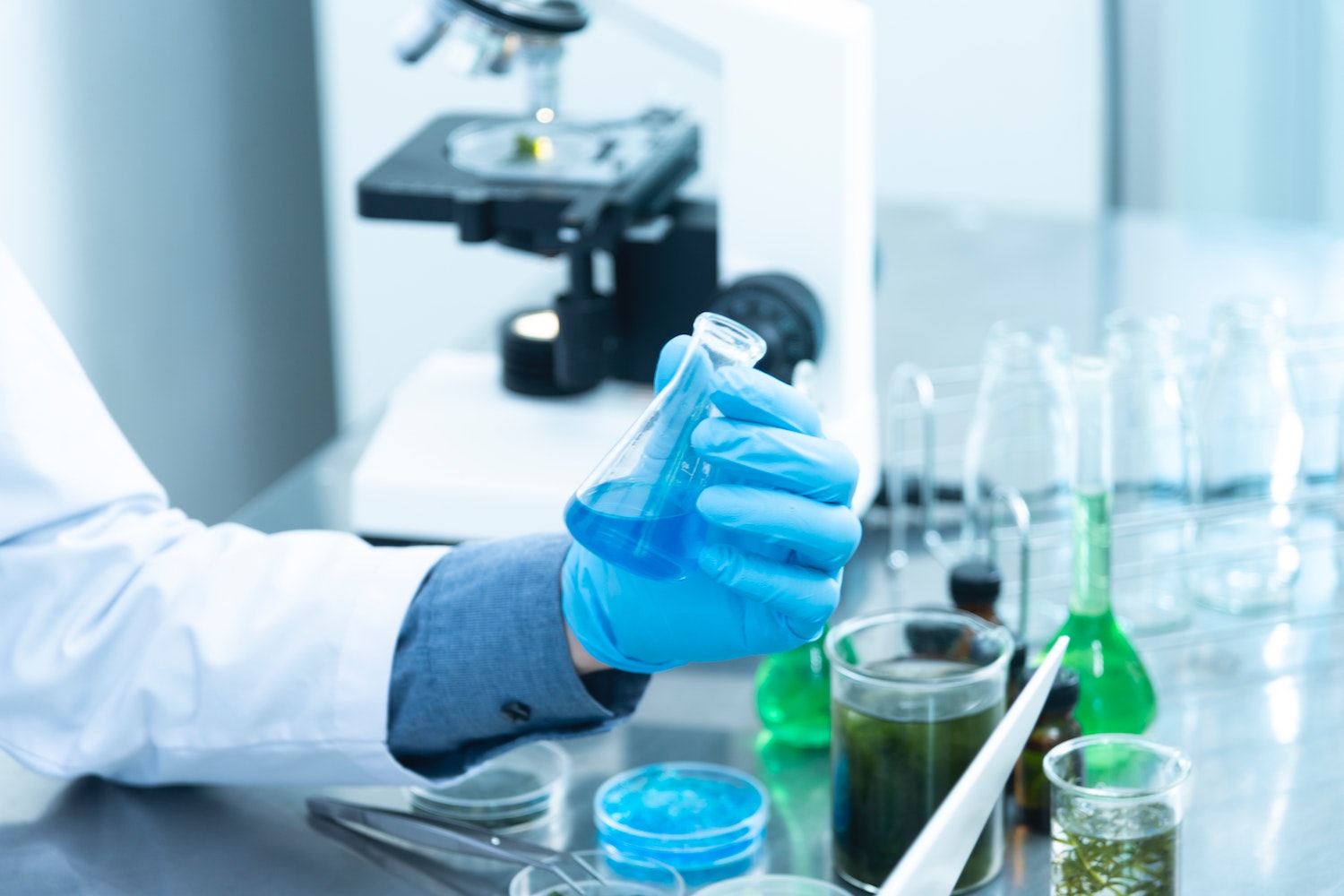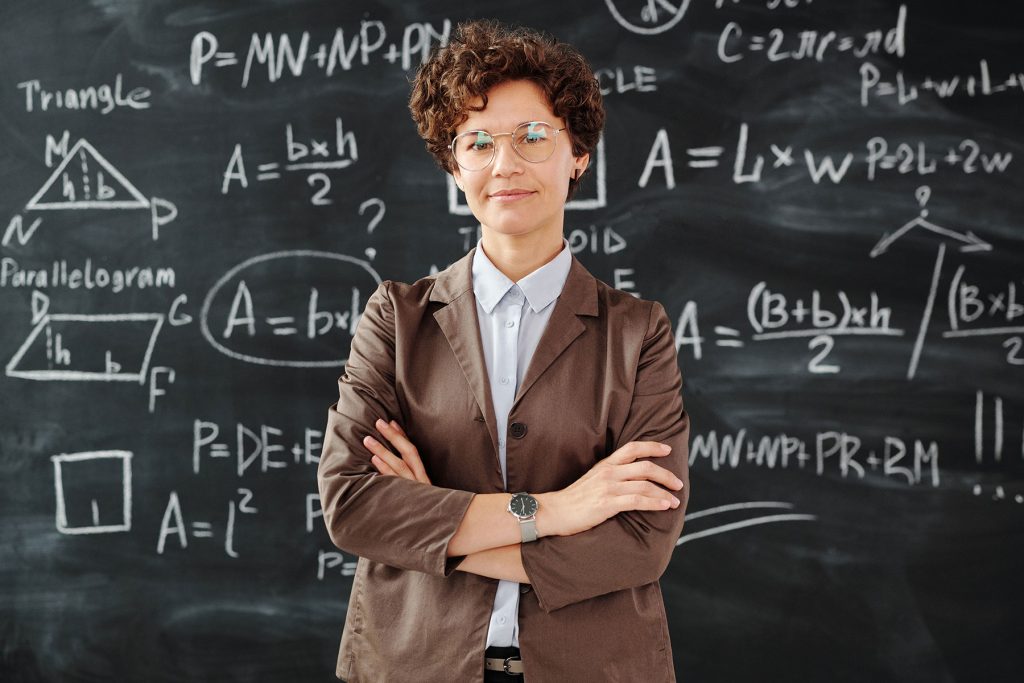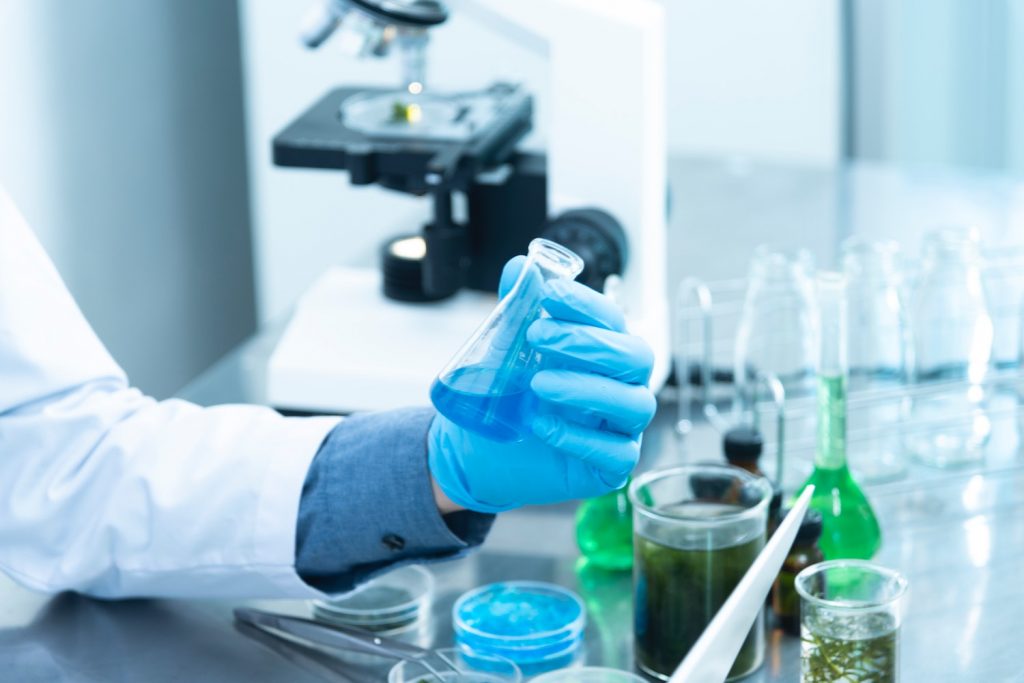Prerequisite
None
Description
This course enables students to develop their understanding of basic concepts in biology, chemistry, earth and space science, and physics, and to relate science to technology, society, and the environment. Throughout the course, students will develop their skills in the processes of scientific investigation. Students will acquire an understanding of scientific theories and conduct investigations related to sustainable ecosystems; atomic and molecular structures and the properties of elements and compounds; the study of the universe and its properties and components; and the principles of electricity.
Teaching and Learning strategies
- Computer-based Learning – students use simulations and relevant computer programs to explore science problems
- Brainstorming – group generation of initial ideas expressed without criticism or analysis
- Case Study – investigation of real and simulated problems
- Collaborative/Co-operative Learning – various small group learning techniques
- Conferencing – student to student or student to teacher discussion
- Field Study – students perform investigations on locations beyond the school
- Independent Study – students explore and research a topic of interest
- Lab Based Inquiry – students perform investigations in the laboratory
- Report/Presentation – oral and written presentation of researched topic to class
OUTLINE OF COURSE CONTENT
Physics: The Characteristics of Electricity
28 hours
Chemistry: Atoms, Elements, and Compounds
28 hours
Biology: Sustainable Ecosystems
26 hours
Earth and Space Science: The Study of the Universe
26 hours
Scientific investigation skills and career exploration (to be assessed and evaluated throughout the course)
Final Examination
2 hours
Total
110 hours
